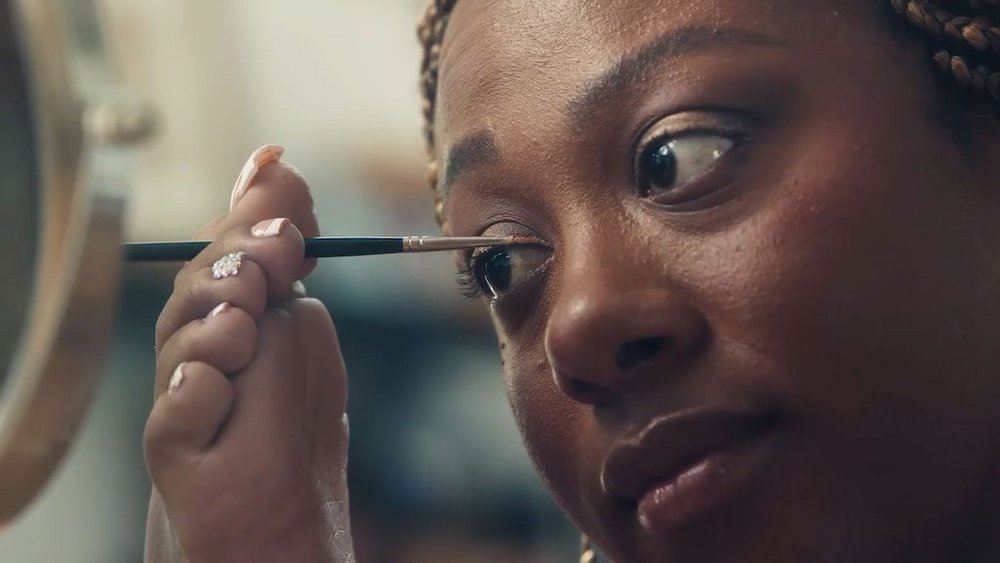Campaign of the Week
Apple ad celebrates disabled talent to promote accessibility features /
Technology company's film shows artists and athletes with disabilities using its products

Ahead of the International Day of Persons With Disabilities (IDPWD) on 3 December 2022, Apple unveiled a short film featuring disabled people using its accessibility technologies in their everyday lives.
Titled The Greatest and created by Apple’s in-house team, the ad was directed by Kim Gehrig through production company Somesuch. In the film, we see musicians, artists, athletes and parents with disabilities using Apple software features such as Door Detection, Sound Recognition and Voice Control to drive cars, identify items of clothing or take selfies.
Technology is at the forefront of the film, in keeping with this year’s IDPWD theme, ‘innovation and transformative solutions for inclusive development’. The ad is set to a song called ‘I Am the Greatest’ sung by Marliya Choir (a group of female indigenous singers in Australia), that takes lyrics from Muhammad Ali quotes (‘I am the greatest / I said that even before I knew I was’).
The 2 minute 21 second film was posted to YouTube and includes closed captions for the deaf and hard of hearing and audio descriptions for blind and low-vision people.
Contagious Insight /
Representation matters / According to Nielsen Ad Intel data, which looked at nearly 450,000 prime-time ads on broadcast and cable TV in February 2021, while 26% of Americans are disabled, they are seen in only 1% of primetime TV ads. Similarly, in the UK, only 4% of TV adverts in the UK feature disabled people, dropping to 1% of disabled people in lead roles, despite 22% of the UK population being disabled, according to research from broadcaster Channel 4. With this celebratory ad featuring its accessibility tools, Apple shows real people living full and fun lives, assisted by its Door Detection tool, Sensory Alerts and Sound Recognition notifications. Assembling a cast of disabled people to showcase accessibility tools is a no-brainer, but the tone is not: the ad frames the tools as not only practical and safe, but enriching and joy-making, in keeping with past Apple campaigns that make the brand feel fun and cool. ‘When you build for disability, you really are building for everyone,’ says KR Liu, head of brand accessibility at Google.
For the many / As we explore in our Google Brand Spotlight, five years ago, Google examined its library of creative work and found that there was less than 1% representation of people with disabilities. ‘Now, with the work that we’ve done and the playbook that we created, [disability representation] in our work is over 5%,’ says Liu. ‘There’s a community of over a billion people with disabilities in the world. You don’t want to leave them behind.’ Google has since collected its findings and principles for inclusive marketing in a playbook called All In. With work such as A Coda Story, which aired at the 2021 Oscars and promotes Google’s Live Caption technology on Google Meet (Google’s video conferencing platform), Google demos its accessibility products in front of a mass audience, increasing representation and positioning itself as a technology brand for all. Similarly, Apple’s ad reveals the way in which its technology assists the lives of people with disabilities, which positions the brand as one that serves everyone, not just the few.
Want more of the same? /
We don’t just write about best-in-class campaigns, interviews and trends. Our Members also receive access to briefings, online training, webinars, live events and much more.






